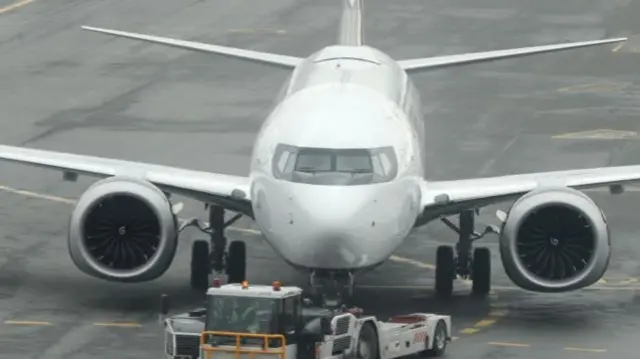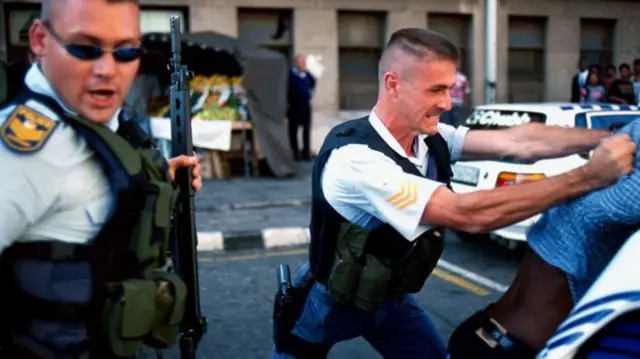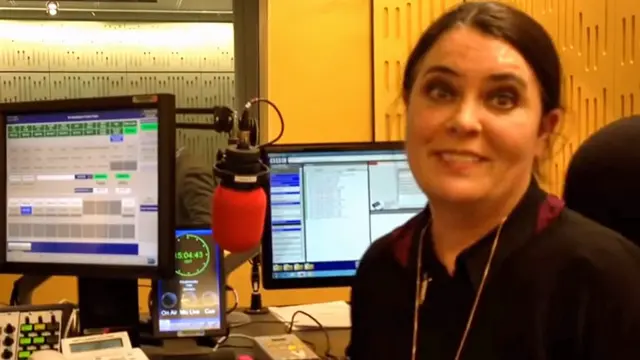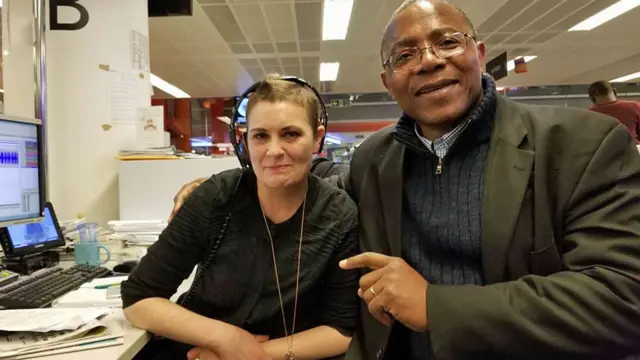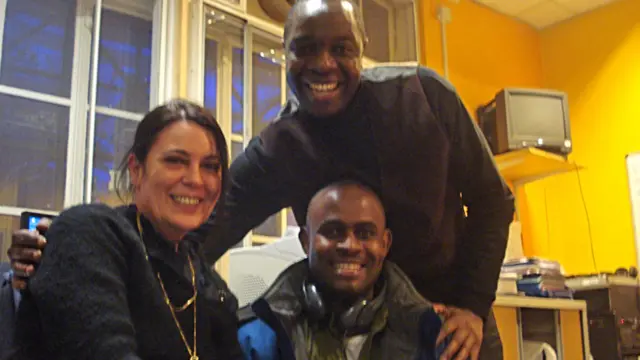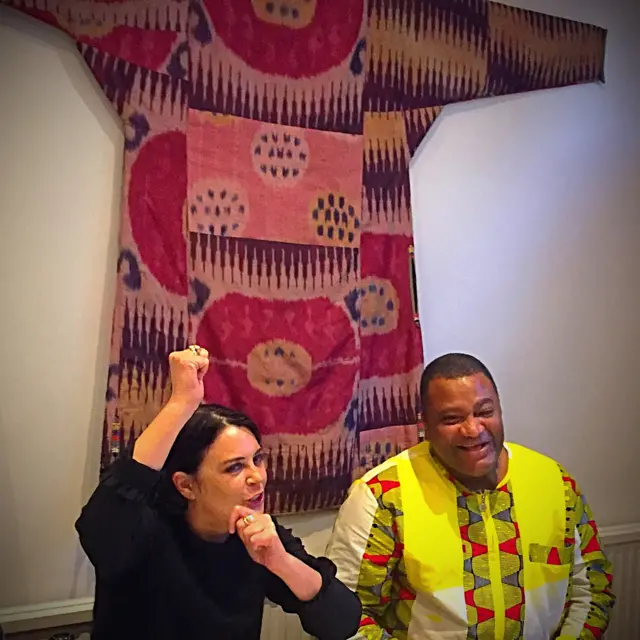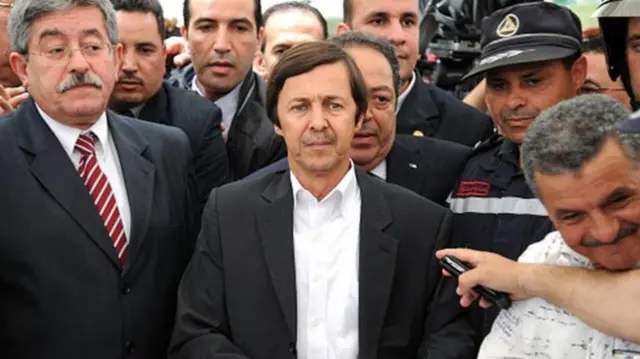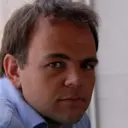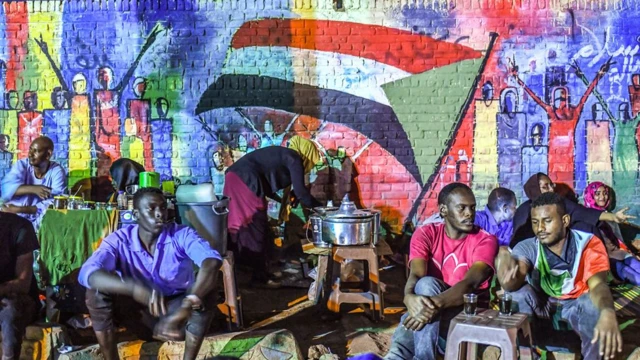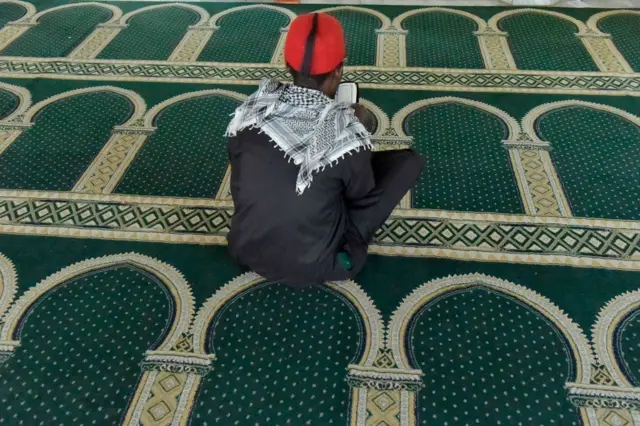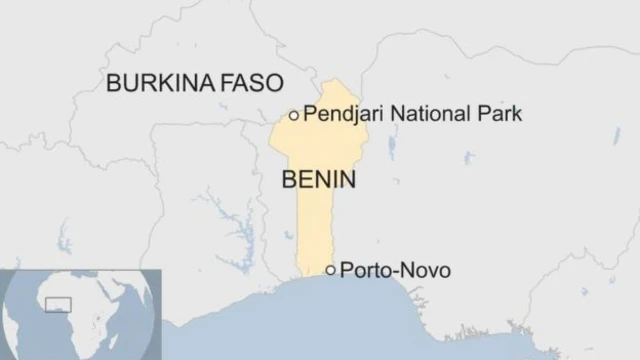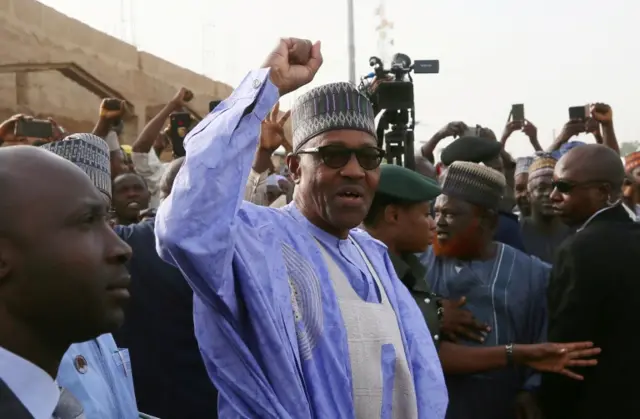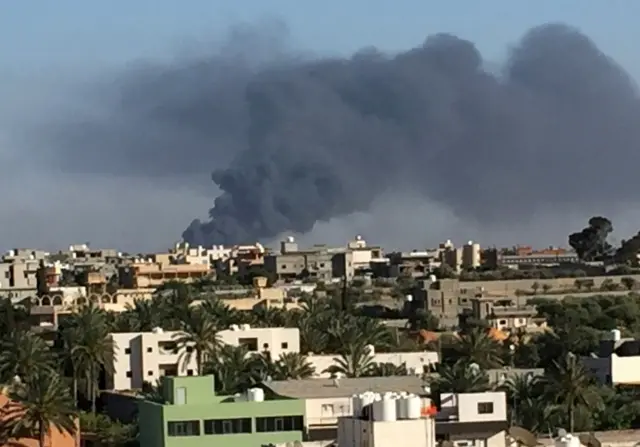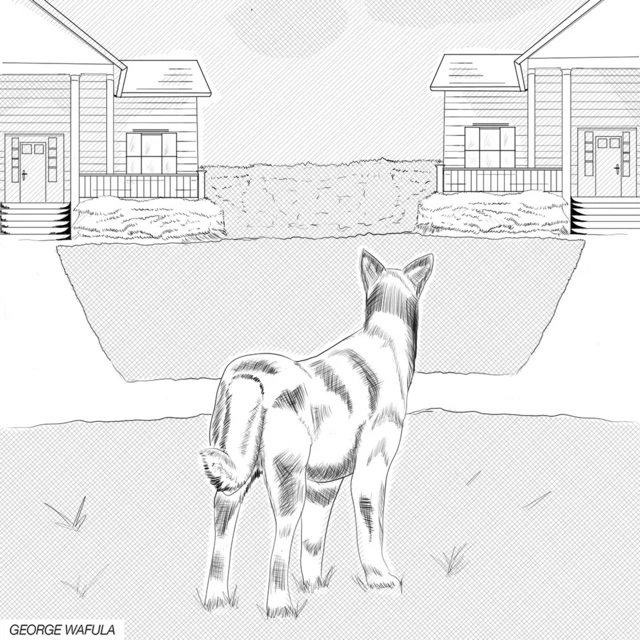UN report warns of loss of biodiversitypublished at 10:38 BST 6 May 2019
 BBC World Service
BBC World Service
 Image source, AFP
Image source, AFPThe most comprehensive report yet looking at the worldwide loss of biodiversity is expected to warn that a million species face extinction.
The UN-backed report, due to be published shortly in Paris, draws on thousands of pieces of evidence to reveal the scale of declining wildlife and habitat loss.
Six hundred conservation experts have signed an open letter calling on world leaders to act decisively to halt damage to the natural world, stop climate change and ensure food security.
To do this, it says, humans must radically change the way we live, including how we use power, grow food and manage our waste.
Read more: Nature's emergency in five charts
